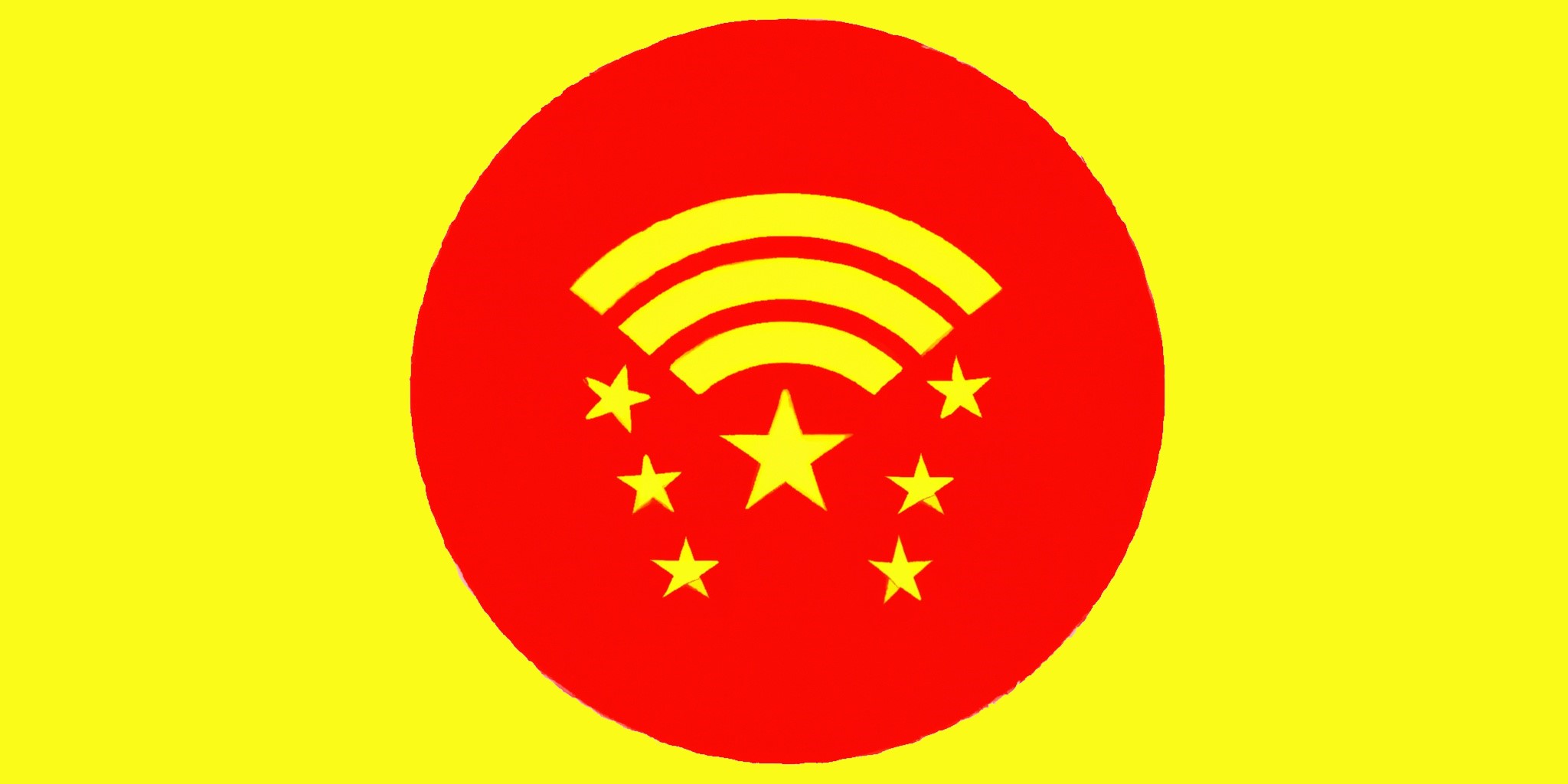China Requires Any New Domestic Wi-Fi Kit To Support IPv6 And Run It By Default

China has issued an edict requiring all new Wi-Fi hardware to be IPv6 enabled, and enable the protocol by default from the moment it's first switched on.
“The production or import of wireless LAN equipment with public network IP address allocation function sold and used in China shall support the IPv6 protocol,” declared the Ministry of Industry and Information Technology (MiiT) on Friday.
Furthermore, the “IPv6 wireless LAN devices should support and enable the IPv6 address allocation function by default, while retaining the option of users to configure the IPv6 address allocation function by themselves, and clarify the IPv6 configuration method in the product description.”
The Ministry also declared all wireless LAN equipment testing institutions should be equiped to test IPv6 capabilities, and basic telcoms operators should support and encourage IPv6 wireless LAN devices among users. The ministry did, however, specify users should still be able to access the internet using ye olde IPv4.
The goal of these efforts is to “accelerate the construction of a network power, and solidly promote the in-depth development of the large-scale deployment and application of IPv6.”
The requirements go into effect December 1, 2023. Hardware sold without IPv6 support before that date can be used until scrapped.
- China details relocation plan for up to five million datacenter racks
- China updates national computing plan with calls for more edge, storage, memory, and … Blu-ray?
- APNIC close to completing delegation of its final /8 IPv4 block
- AWS: IPv4 addresses cost too much, so you're going to pay
According to the regional internet address registry for the Asia Pacific region, known as the Asia Pacific Network Information Centre (APNIC), 31.5 percent of Chinese internet users can access content over IPv6, well below India’s over 78 percent or Malaysia’s almost 68 percent.
China wants to boost domestic IPv6 adoption and shape the future of the protocol. In April 2023 Beijing set a goal to have 750 million users and 300 million Internet of Things devices use the protocol by the end of 2023. In all 15 percent of fixed networks and 55 percent of mobile network traffic are expected to run over IPv6 by the end of this year as well.
Overall, global adoption to the protocol from IPv4 has been slower than expected and completely nonlinear. Between August 2022 and April 2023, Akamai's State of the Internet report showed IPv6 adoption rates fell by almost five percent.
But the switch is inevitable despite any migration woes as the world's internet registries are fast running out of virgin IPv4 addresses, and the cost of resources from the private sector is rising quickly.
IPv4-to-IPv6 migrations are not always easy, but China's making them hard to avoid as it pursues its IPv6 goals. ®
From Chip War To Cloud War: The Next Frontier In Global Tech Competition
The global chip war, characterized by intense competition among nations and corporations for supremacy in semiconductor ... Read more
The High Stakes Of Tech Regulation: Security Risks And Market Dynamics
The influence of tech giants in the global economy continues to grow, raising crucial questions about how to balance sec... Read more
The Tyranny Of Instagram Interiors: Why It's Time To Break Free From Algorithm-Driven Aesthetics
Instagram has become a dominant force in shaping interior design trends, offering a seemingly endless stream of inspirat... Read more
The Data Crunch In AI: Strategies For Sustainability
Exploring solutions to the imminent exhaustion of internet data for AI training.As the artificial intelligence (AI) indu... Read more
Google Abandons Four-Year Effort To Remove Cookies From Chrome Browser
After four years of dedicated effort, Google has decided to abandon its plan to remove third-party cookies from its Chro... Read more
LinkedIn Embraces AI And Gamification To Drive User Engagement And Revenue
In an effort to tackle slowing revenue growth and enhance user engagement, LinkedIn is turning to artificial intelligenc... Read more

